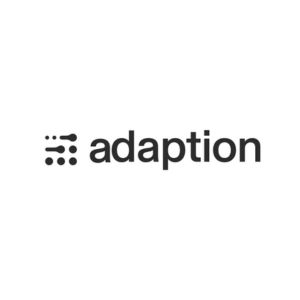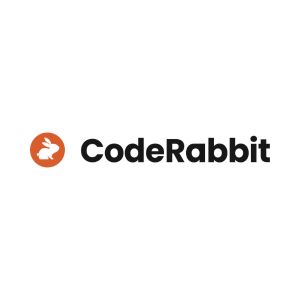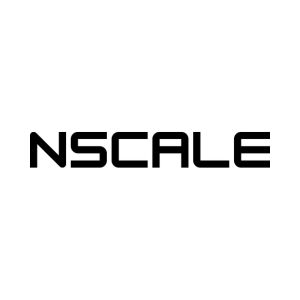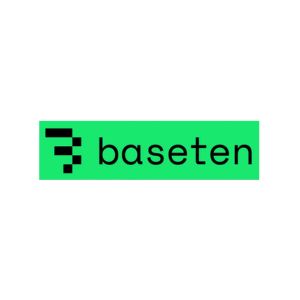Startups & Business News
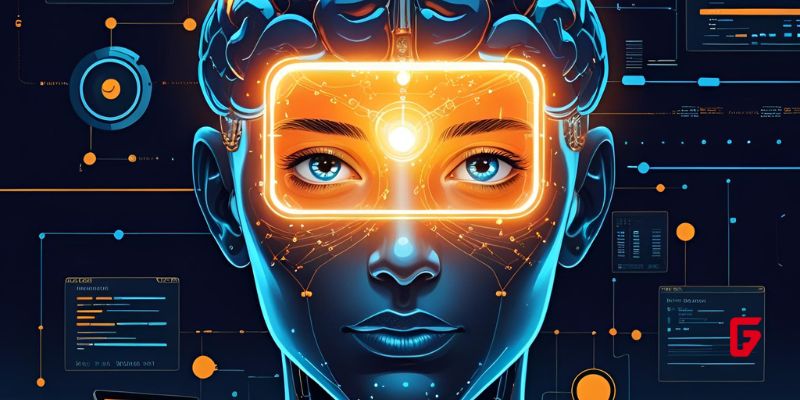
If you’ve worked with large language models (LLMs) over the past few years, you’ve likely heard plenty about prompt engineering. But as AI systems become more sophisticated, a new term is rising in prominence: context engineering. This isn’t just a buzzword—it’s a fundamental shift in how we interact with and optimize AI.
From Prompts to Context: What’s Changed?
Prompt engineering, at its core, is about crafting the right instructions to get the best output from an AI model. It’s a bit like giving a chef a recipe: the more precise the instructions, the better the result. But as anyone who’s worked with LLMs knows, even the best prompts can sometimes produce wildly inconsistent results.
Enter context engineering. Instead of focusing solely on the instructions, context engineering is about providing the AI with the right background information, relevant data, and situational awareness. This is especially crucial as AI models grow more advanced and their context windows—the amount of information they can process at once—expand dramatically.
The Complexity of Context Windows
Context windows are the AI’s working memory. With older models, these windows were relatively small, making prompt engineering sufficient for most tasks. But today, models like GPT-4 can handle tens of thousands of tokens, and experimental models are pushing into the hundreds of millions. This is both a blessing and a challenge.
Optimizing these context windows isn’t just about cramming in as much information as possible. It requires a nuanced understanding of what data is truly relevant, how to structure it, and how to balance detail with efficiency. This is where the real art—and science—of context engineering comes in.
Skills Needed for Context Engineering
To master context engineering, you need a unique blend of skills:
Technical know-how: Understanding how token limits and model architectures impact performance.
Strategic thinking: Deciding what information is most valuable to include in the context window.
Information architecture: Structuring data so it’s both accessible and efficient for the AI.
Domain expertise: Knowing which contextual elements are critical for specific applications.
Analytical abilities: Evaluating how different approaches to context management affect outcomes.
These skills go far beyond the basics of prompt engineering, reflecting the growing complexity of AI systems and the need for more sophisticated approaches.
What Prompt Engineering Missed
Prompt engineering, while valuable, often treats AI as a black box. It focuses on the input without fully considering the system’s environment or capabilities. This can lead to ambiguity, inconsistent results, and difficulties in evaluation. As context windows grow and AI tasks become more complex, these limitations become more apparent.
The Bottom Line
Context engineering is quickly becoming the preferred approach for working with advanced AI systems. It addresses the shortcomings of prompt engineering by focusing on the bigger picture—not just what you tell the AI, but what you help it understand. For anyone working in AI today, mastering context engineering is no longer optional—it’s essential.

futureTEKnow
Editorial Team
futureTEKnow is a leading source for Technology, Startups, and Business News, spotlighting the most innovative companies and breakthrough trends in emerging tech sectors like Artificial Intelligence (AI), Robotics, and the Space Industry.
Discover the companies and startups shaping tomorrow — explore the future of technology today.
Trending Companies
Latest Articles

Dwelly Raises $93M to Supercharge AI-Powered UK Rentals Roll-Up
London startup Dwelly just landed $93M to snap up UK rental agencies and inject AI smarts. Founders from Uber and

Encord Raises $60M Series C: Fueling Physical AI Data Wave
Encord just landed $60M in Series C funding to supercharge data tools for physical AI. Founders Eric Landau and Ulrik

Foodforecast Raises €8M Series A to Slash Ultra-Fresh Food Waste with AI
Foodforecast, a Cologne AI foodtech firm, just scored €8M in Series A funding led by SHIFT Invest. Their tools predict
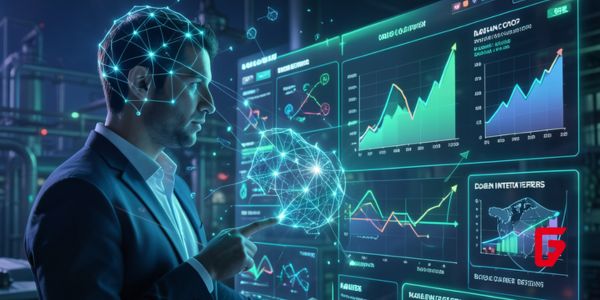
AI-Driven Operational Excellence: How Leaders Scale Ownership, Discipline, and Continuous Improvement in 2026
In 2026, AI scales operational excellence fundamentals—clear ownership, disciplined execution, and continuous improvement—letting leaders focus on outcomes while systems handle
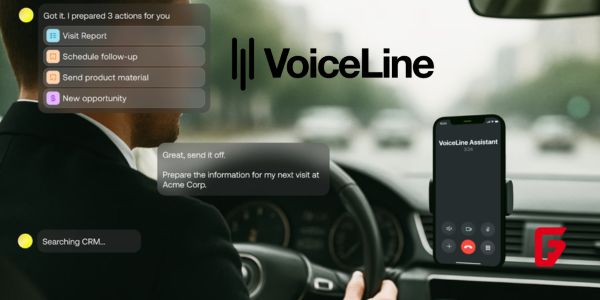
VoiceLine raises €10M to scale voice AI for enterprise frontline teams
Munich-based VoiceLine has closed a €10M Series A round to grow its voice AI platform for frontline sales and service

AI-Driven Logistics & Distribution Transformation: From Insight to Scalable Impact
AI is redefining logistics transformation—from network design to real-time execution. This article explores how data-driven insight, intelligent automation, and scalable
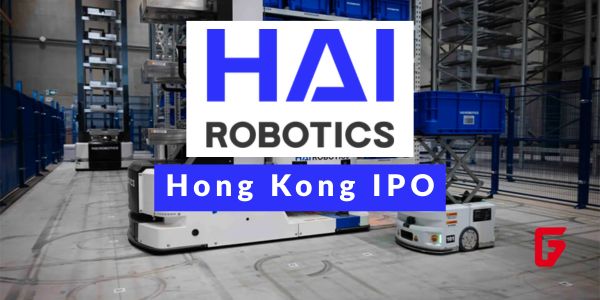
Hai Robotics Hong Kong IPO: From Startup Funding to Warehouse Robot Leader
Shenzhen’s Hai Robotics, pioneer in ACR warehouse robots, files for HK IPO after raising over $500M in funding rounds led

AI-Enabled Process Engineering & Continuous Improvement: Designing Systems That Learn
Explore how AI transforms process engineering and continuous improvement into self-learning systems. This article explains how organizations can design operations
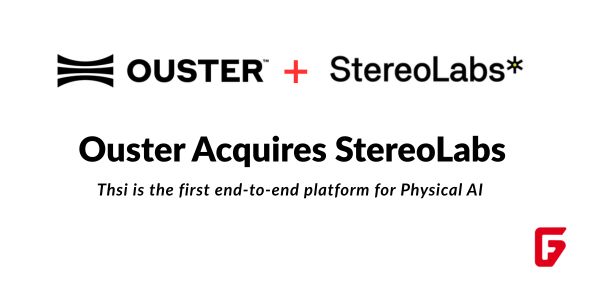
Ouster Acquires StereoLabs: Unified Physical AI Sensing Platform Launches
Ouster’s $35M StereoLabs acquisition fuses lidar and ZED cameras into end-to-end Physical AI sensing. Founders Cecile Schmollgruber and team drive
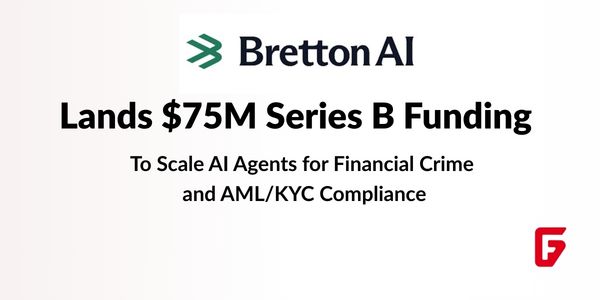
Bretton AI Lands $75M Series B Funding to Scale AI Agents for Financial Crime and AML/KYC Compliance
Bretton AI’s $75M Series B modernizes AML KYC compliance via AI agents, slashing staffing costs for banks and fintechs like

Axiom Space Raises $350M to Build Commercial Space Station and NASA Spacesuits
Axiom Space has locked in a fresh $350M raise to push its commercial space station and NASA lunar spacesuits toward

Santé Raises $7.6M Seed: AI Fintech Revolution for Wine and Liquor Retail
New York startup Santé secures $7.6M seed to build AI-powered POS for liquor stores, tackling regs & inventory woes after
futureTEKnow is focused on identifying and promoting creators, disruptors and innovators, and serving as a vital resource for those interested in the latest advancements in technology.
© 2026 All Rights Reserved.
![Discover the top 10 AI companies in Germany [1st Edition], revolutionizing industries with cutting-edge technology and innovations.](https://futureteknow.com/wp-content/uploads/2025/02/Top-10-AI-Companies-in-Germany-Leading-the-Tech-Revolution-futureTEKnow.jpg)


